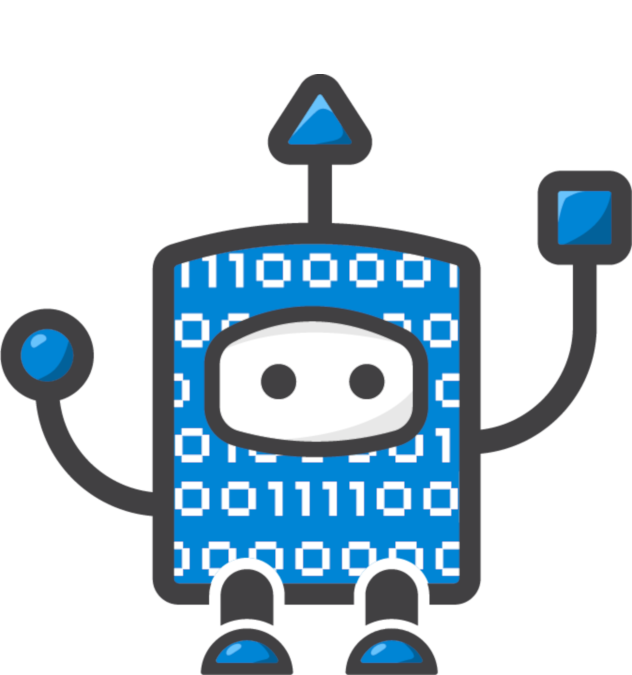Tomu is all about being open and hackable. It’s important to have a good starting point. Below we have a selection of precompiled programs, along with links to their source code.
To try out these samples, download the .dfu file and load it with dfu-util --download.
| Project | DFU | Description |
|---|---|---|
| bare-minimum | bare-minimum.dfu | Does nothing, forever, without crashing. |
| miniblink | miniblink.dfu | Blink the two LEDs using the SysTick timer. |
| usb-hid | usb-hid.dfu | Emulate a USB mouse, and wiggle the cursor back and forth. |
| usb-msc | usb-msc.dfu | Emulate a very small “USB Mass Storage” disk drive. |
| usb-midi | usb-midi.dfu | Provide a USB MIDI device that continuously sends NoteOn and NoteOff events. |
| usb-cdcacm | usb-cdcacm.dfu | Communicate with Tomu over a virtual serial port. |
| opticspy | opticspy.dfu | Interactive shell to communicate with an OpticSpy |
Installing dfu-util
The dfu-util suite of programs is used to talk to Toboot,
the Tomu bootloader. Most package managers have some form of
dfu-util available.
Ubuntu and Debian
sudo apt-get install dfu-util
Create /etc/udev/rules.d/10-tomu.rules and populate it with the following:
ATTRS{idProduct}=="70b1", ATTRS{idVendor}=="1209", MODE="777"
(Note: you can give it a more restrictive mode if you also give it a group that you’re in)
Fedora
sudo yum install dfu-util
Arch
sudo pacman -Sy dfu-util
Windows
Download dfu-util-static.exe from the dfu-util repository and rename it to dfu-util.exe. Place it somewhere in your $PATH for convenience. To build examples, you’ll also want to get dfu-suffix.exe and put it in your $PATH.
Mac
Install Homebrew and run:
brew install dfu-util
Compiling Samples
To compile the samples, you will need an ARM compiler, make, and dfu-util. The steps to install these files vary depending on your operating system:
| Platform | ARM Toolchain | Make | dfu-util |
|---|---|---|---|
| Windows | GNU Arm Embedded Toolchain | GNU Win32 Make | precompiled binaries |
| macOS | GNU Arm Embedded Toolchain | Xcode | Homebrew brew install dfu-util |
| Debian/Ubuntu | sudo apt-get install gcc-arm-none-eabi libnewlib-arm-none-eabi |
sudo apt-get install make |
sudo apt-get install dfu-util |
| Fedora | sudo dnf install arm-none-eabi-newlib arm-none-eabi-gcc-cs-c++ |
sudo dnf install make |
sudo dnf install dfu-util |
| Arch | sudo pacman -S arm-none-eabi-gcc arm-none-eabi-newlib |
sudo pacman -S make |
sudo pacman -S dfu-util |
Additionally, you may want to install git, or at least have a way to checkout git repositories.
To compile a sample, simply change into its directory and type make. This will produce a variety of files, including a .dfu file that you can upload with dfu-util --download
Creating a new Project
To create a new project, simply create a new directory in the quickstart directory and copy over the Makefile from an existing project. Then start adding .c files.
To see a simple example of this, look at bare-minimum, which does nothing but compile and run forever.





